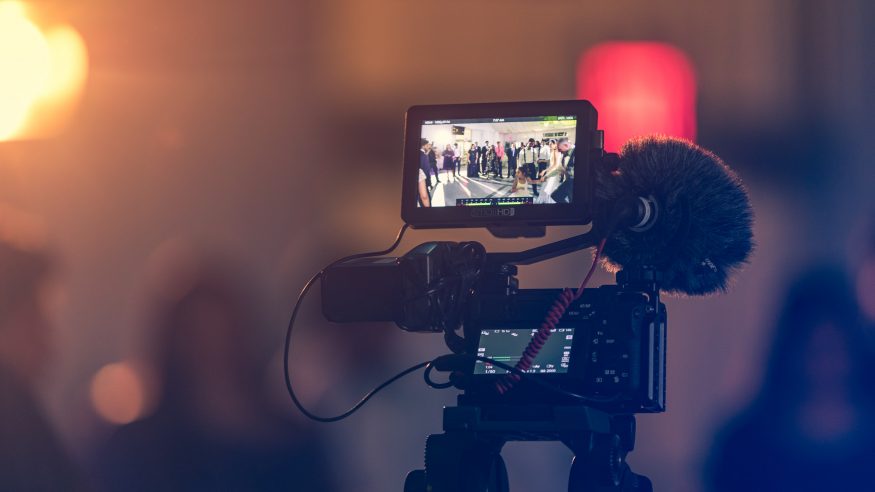Where We Can Film from a Practical or Legal Point of View
18 October 2023
As an international journalism student at Cardiff University, embarking on visual storytelling assignments is not just about capturing moments—it’s a journey through the intricacies of practical, legal, and ethical considerations. Whether you’re wielding a smartphone or one of the esteemed School of Journalism, Media and Culture cameras, understanding where you can film is essential for a seamless storytelling experience. This blog aims to delve into the practical and legal aspects of filming, providing a comprehensive guide for those aspiring to navigate the rich tapestry at Cardiff University’s School of Journalism, Media and Culture.
Unlocking the Outdoors:
The starting point for filmmakers often lies outdoors, in the vibrant tapestry of public spaces. The general rule is clear—filming outdoors usually doesn’t require formal permission. For instance, capturing the hustle and bustle of a market or the architectural wonders lining the streets is fair game. The public domain becomes your canvas. However, as you step through a doorway into private property, the landscape changes. Larger establishments, like supermarkets or corporate entities, demand prior permission, often involving intricate processes, especially when dealing with renowned entities like TESCO.

“Permission” might be very informal. For instance, a small, local shop may grant permission with a simple conversation with the owner. However, the narrative shifts when dealing with larger organizations. Filming inside a TESCO supermarket, for example, requires formal permission from the company’s press office in London. The bigger the organization, the more meticulous your preparation must be to secure permission well in advance of filming.
Exceptions to the Rule: Navigating Sensitive Spaces
While the great outdoors serves as an expansive canvas for your lens, certain exceptions demand a delicate touch. Filming around schools, for instance, requires more than just pressing record—it demands thoughtful consideration. Due to concerns about children’s privacy, prior discussions are essential. The narrative shifts similarly when it comes to hospitals, ostensibly public spaces but requiring a respectful approach due to the personal experiences individuals may be undergoing. Sensitivity, therefore, is not just an ethical choice but a necessary one.
The Grey Areas: Navigating Nuanced Spaces
In the vast landscape of filming possibilities, certain spaces fall into grey areas, demanding a nuanced understanding. Parks, often perceived as public havens, are subject to local council jurisdiction. While the act of filming is generally unimpeded, be prepared to articulate your intentions should questions arise. Cardiff Market and shopping malls represent other grey areas—spaces owned by entities that may necessitate formal permission. In these scenarios, approaching with tact becomes paramount, recognizing that permission is often more appreciated than assumed.
School of Journalism, Media and Culture Exception: Navigating University Spaces
Within the esteemed halls of School of Journalism, Media and Culture, your lens is granted a unique privilege—the freedom to film. However, this privilege doesn’t necessarily extend seamlessly into other university buildings. While politeness and explaining your student status may help navigate scrutiny, be prepared to respect rules if asked to cease filming. Understanding the nuances within your academic environment ensures a harmonious blend of creativity and compliance.
The Smartphone Advantage: Unveiling Discreet Filmmaking
Filming with a smartphone unveils a realm of discreet possibilities, but it doesn’t grant immunity from permission requirements. The advantage lies in encountering fewer interruptions during filming, but the legality remains unwavering. This becomes especially pertinent when publishing content online. The subtle nature of smartphone filming doesn’t nullify the need for meticulous adherence to permissions, emphasizing the importance of understanding the legal landscape.
In the dynamic world of visual storytelling, understanding where you can film is as crucial as framing the perfect shot. This guide, while informative, isn’t exhaustive. If in doubt, seek guidance. Remember, the art of filmmaking is not just about capturing scenes—it’s about respecting the spaces and stories you encounter. As your lens navigates the myriad landscapes of journalism, may your shots be both captivating and ethically sound.